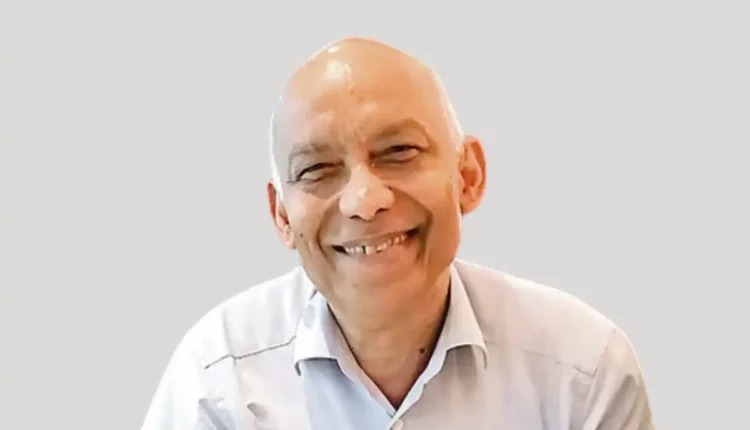Subrata Mitra :- In the realm of political science, few figures shine as brightly as Subrata Mitra. Born in Orissa, India, in 1949 and later naturalized as a French citizen, Mitra’s journey traverses continents and academic milestones, leaving an indelible mark on the study of South Asian politics.
Subrata Mitra – A Scholar’s Odyssey
Mitra’s educational odyssey began at Utkal University, where he earned a bachelor’s degree in political science. His intellectual pursuits led him to the University of Delhi, where he crafted a thesis on “The Role of the Bharatiya Kranti Dal in the Politics of Uttar Pradesh, 1967–1970” for his M.A. in political science.
Embarking on an international academic expedition, Mitra pursued an M.Phil at Jawaharlal Nehru University in New Delhi before obtaining his Ph.D. from the University of Rochester in 1976, studying under the tutelage of eminent scholars like William Riker and Bruce Bueno de Mesquita.
Subrata Mitra: Illuminating Career Trajectory
Mitra’s career is a tapestry woven with prestigious appointments and academic leadership. As a professor emeritus at the University of Heidelberg, he played a pivotal role in shaping political science discourse on South Asia. His global academic footprint extends from the University of Hull and the University of Nottingham to the University of California, Berkeley.
Notably, he served as the Head of the Department of Political Science at the South Asia Institute, University of Heidelberg, and held positions at esteemed institutions such as the Indian Council for Social Science Research (New Delhi) and the Institut Français d’Opinion Public (Paris).
Pioneering Research
Mitra’s intellectual curiosity manifests in a diverse array of research areas. His work delves into democratization in South Asia, the interplay between traditional values and modern institutions, and the intricate dynamics of Indian politics concerning identity and religion.
Noteworthy publications, including “Power, Protest and Participation” and “The Puzzle of India’s Governance,” showcase his commitment to exploring the complexities of the region’s political landscape.
Governance by Stealth: Unveiling India’s Home Affairs
A significant chapter in Subrata Mitra’s scholarly journey unfolds with his exploration of the Union Ministry of Home Affairs. In an exclusive interview, he shares insights into the genesis of his interest, tracing it back to 2002 during data collection for “The Puzzle of India’s Governance.”
Subrata Mitra’s latest book, “Governance by Stealth,” scrutinizes the Home Ministry’s role in India’s transition from colonial rule to a post-colonial democracy. The narrative navigates the paradox of an institution evolving from suppressing Indian nationalism to fostering national pride.
The Sensitive Terrain
When asked about potential risks in researching such a sensitive topic, Subrata Mitra emphasizes adherence to the law and a conscientious approach. Grounded in academic integrity, he maintains neutrality, engaging with both sides of any conflict and steering clear of extraneous political entanglements.
Patel and the Home Ministry: A Scholar’s Perspective
The book delves into India’s Home Ministers, with Sardar Vallabhbhai Patel standing out as Mitra’s most intriguing subject. Mitra illuminates Patel’s pivotal role in the post-colonial era, showcasing the yin-and-yang dynamic with Pandit Jawaharlal Nehru.
Through an analysis of their correspondence, Mitra unveils Patel’s exceptional leadership, emphasizing his ability to bring out the best in civil servants during the formative years of the Indian state.
The Theoretical Tapestry
Subrata Mitra’s theoretical framework, rooted in thinkers like Michel Foucault, Steven Lukes, and Rajni Kothari, forms the backbone of his latest work. “Governance by Stealth” weaves a narrative where power, resistance, and the intelligent self-correction of institutions converge to shape India’s complex political landscape.
Nurtured at JNU
Reflecting on his formative years at Jawaharlal Nehru University, Mitra expresses gratitude for the culture of free inquiry and empathy towards the disadvantaged. While acknowledging the left-leaning environment, he cautions against mistaking the campus for the entire world, emphasizing the importance of ideological balance.
Also Read :- Joybrato Mukherjee: A Trailblazer in Academia and Leadership

